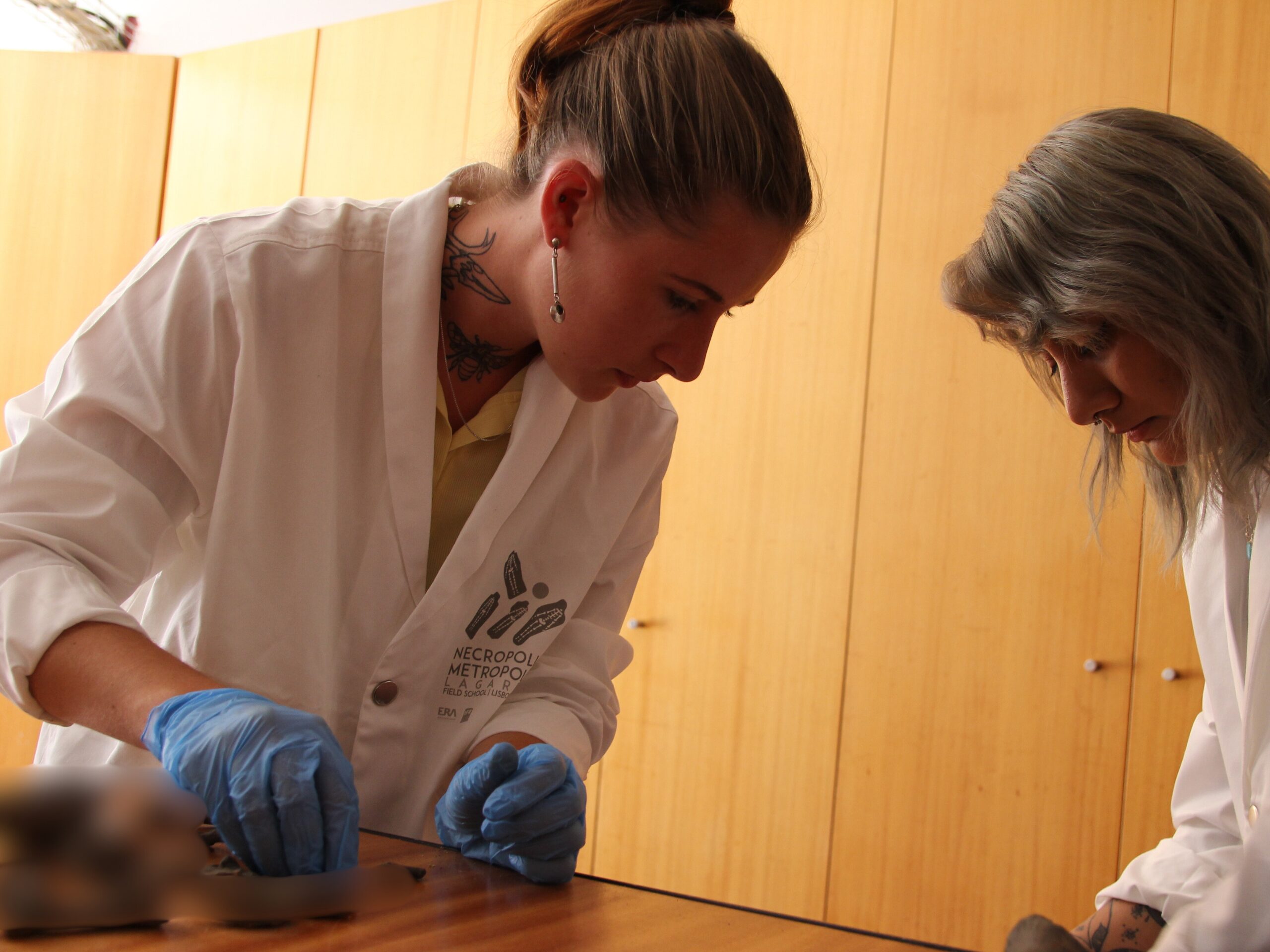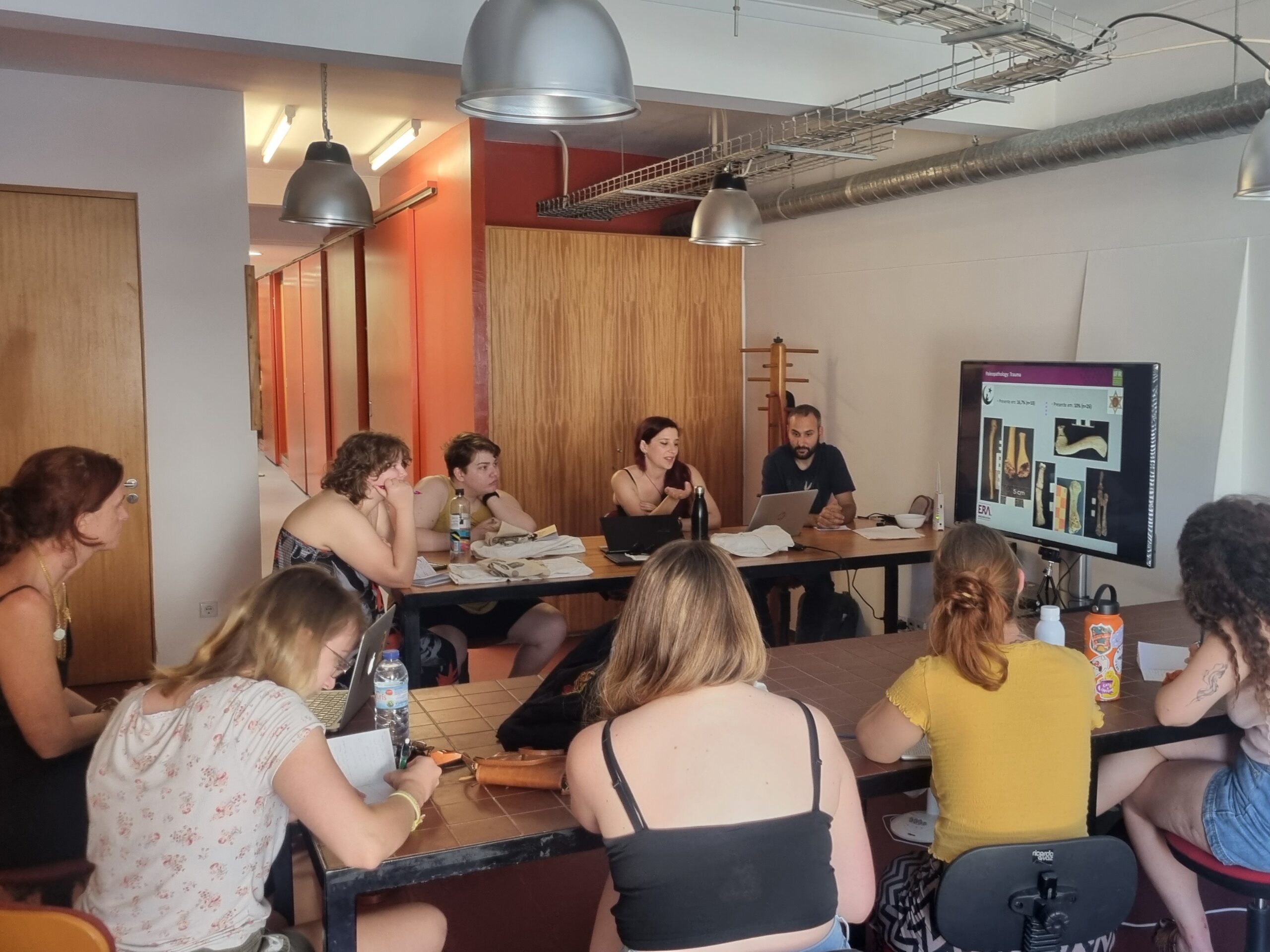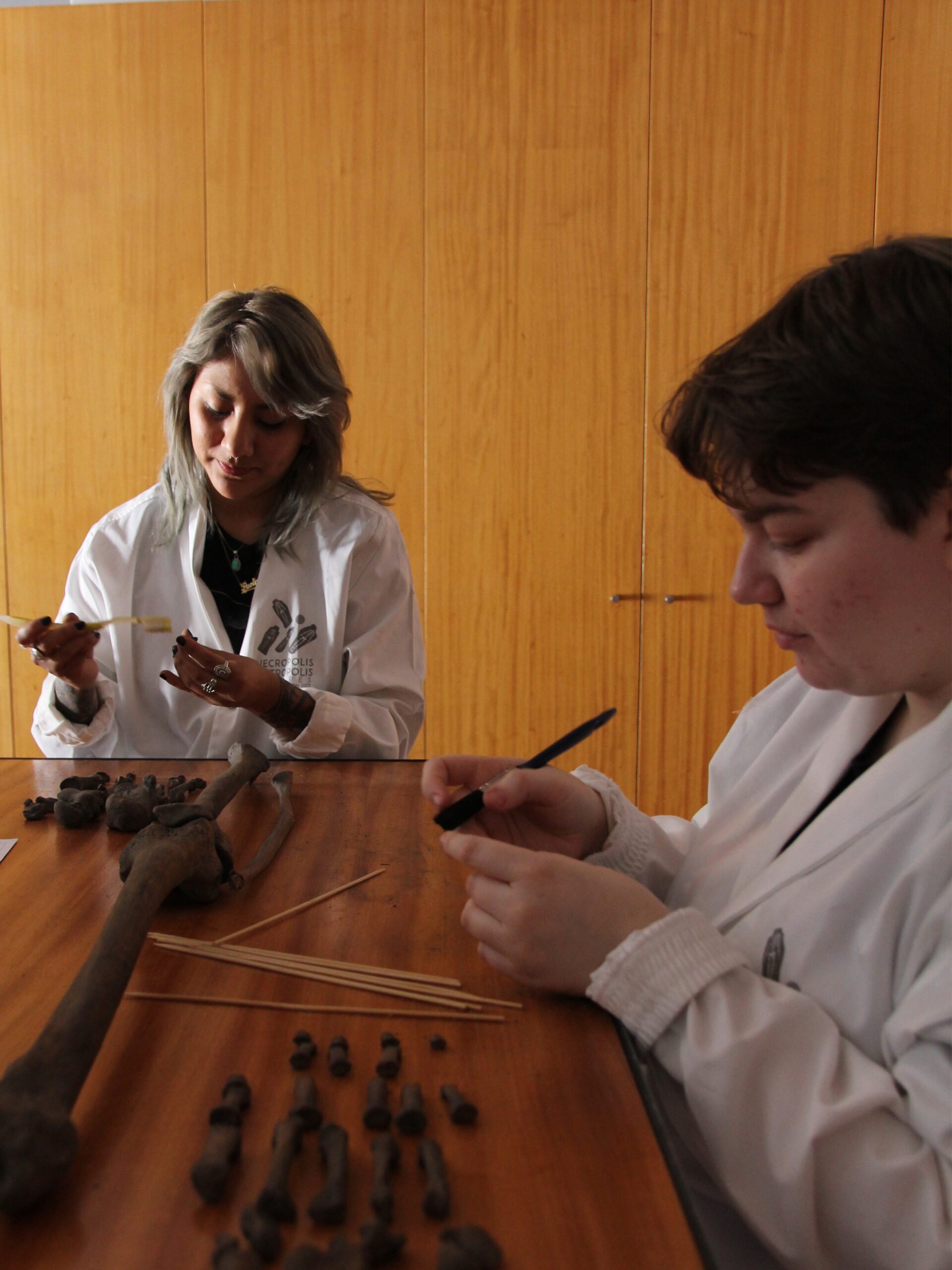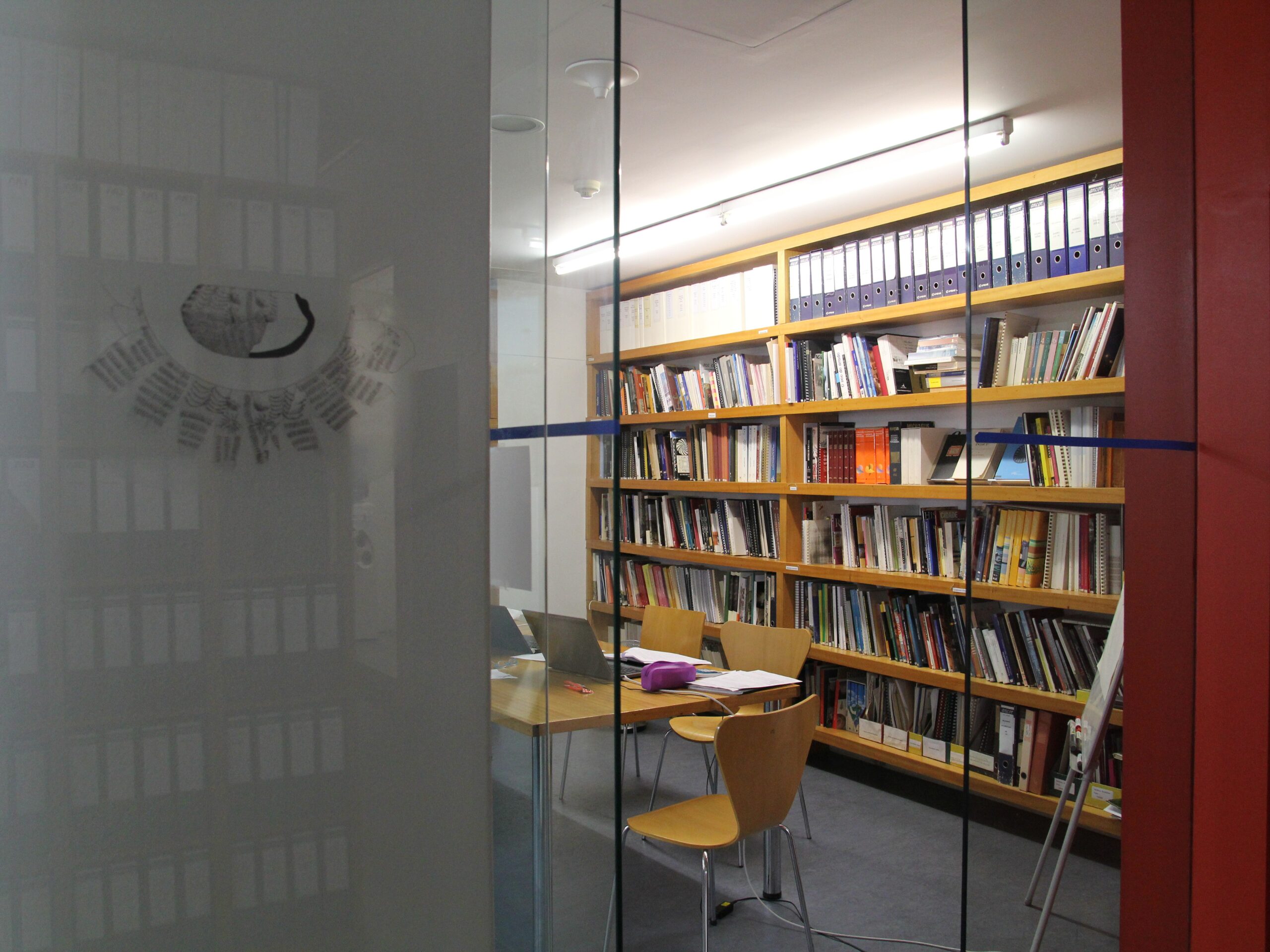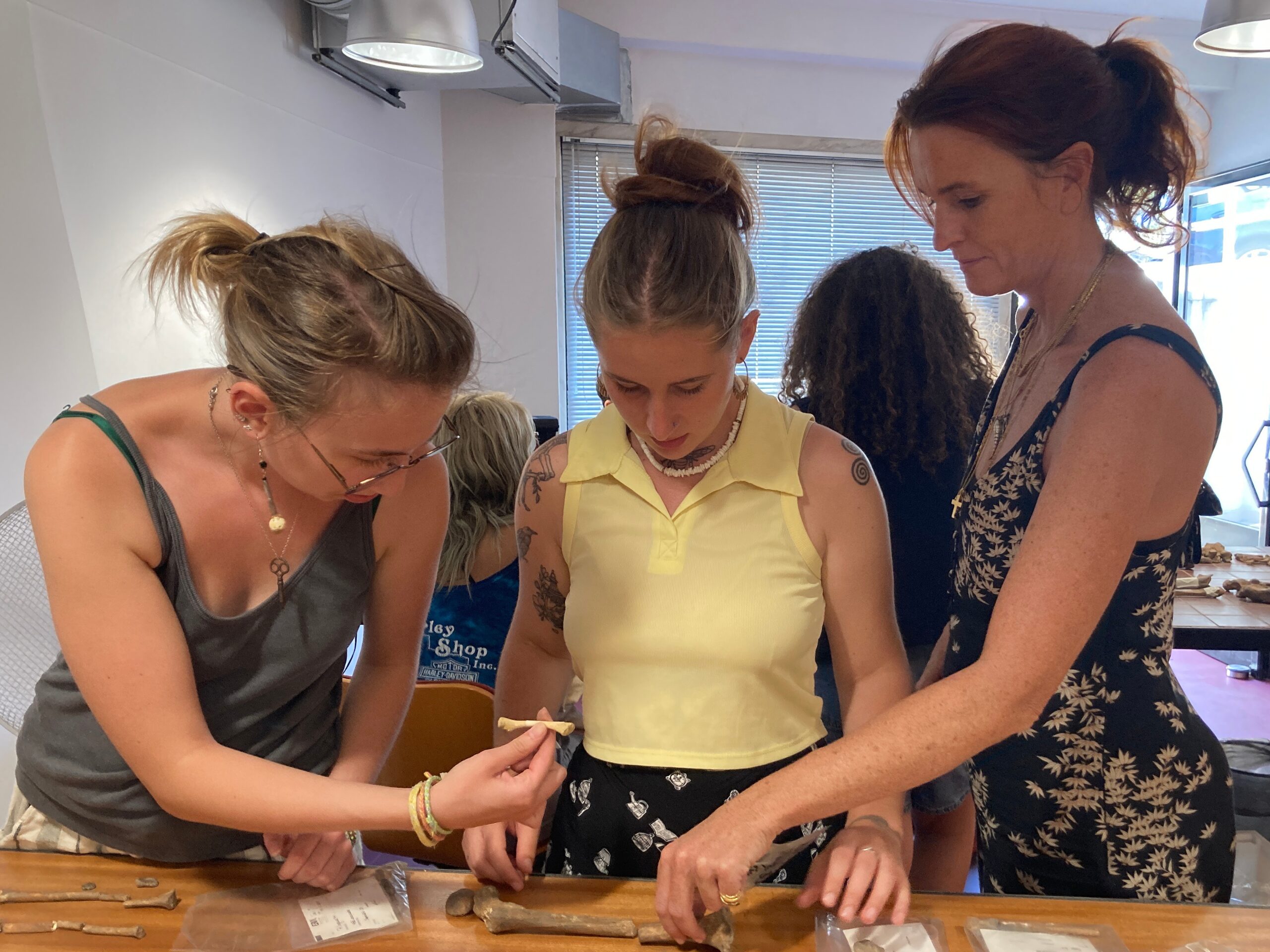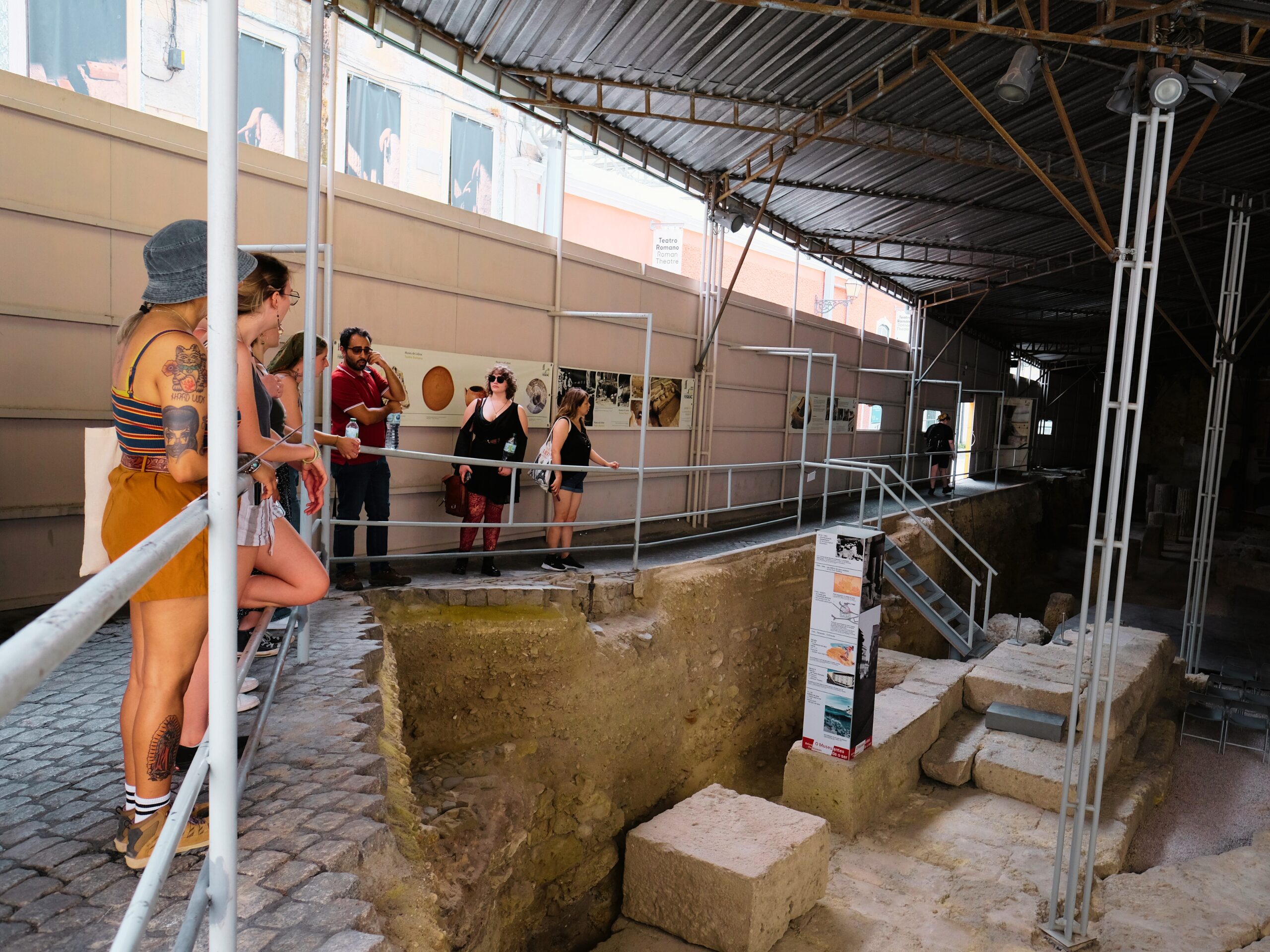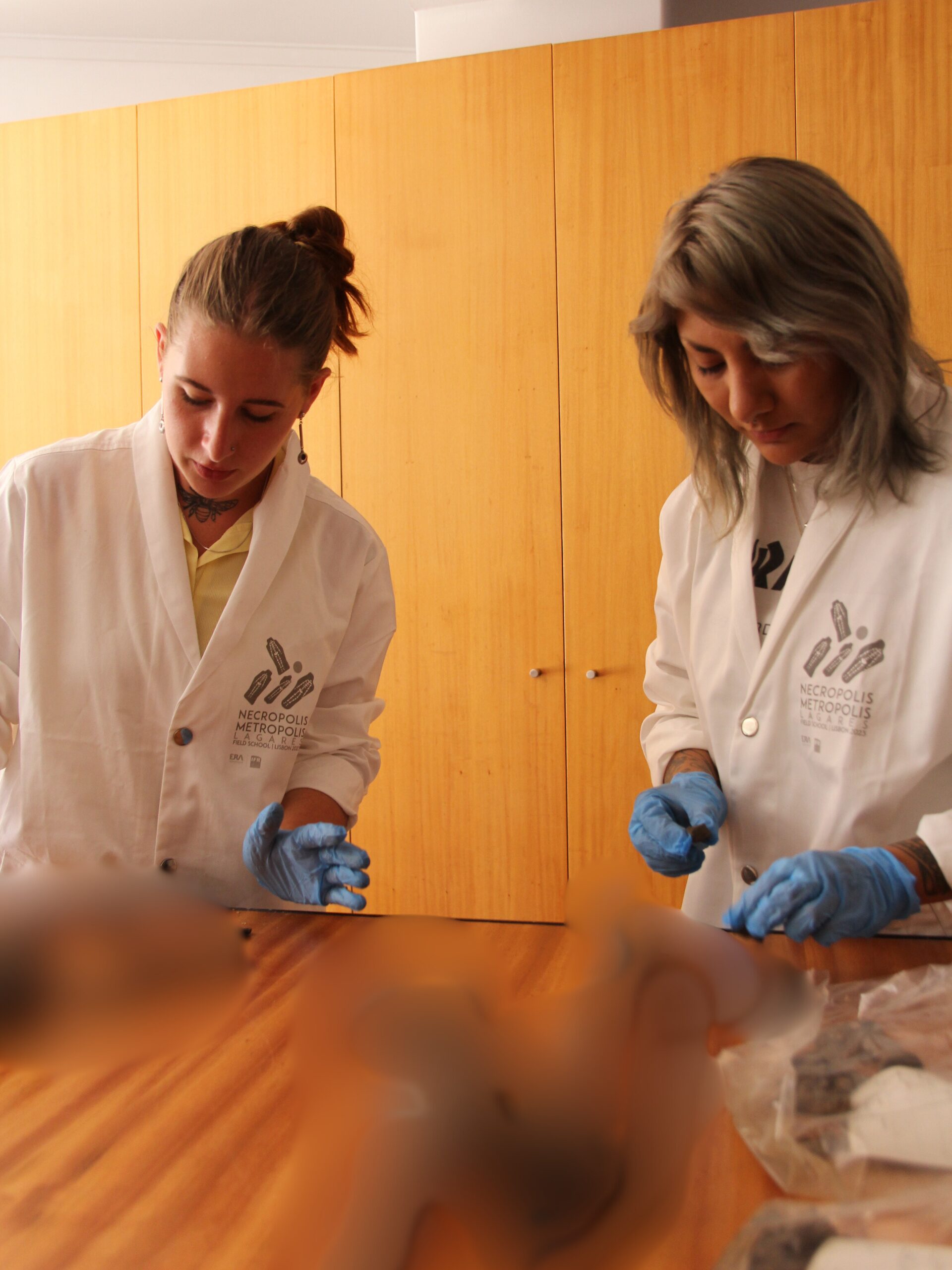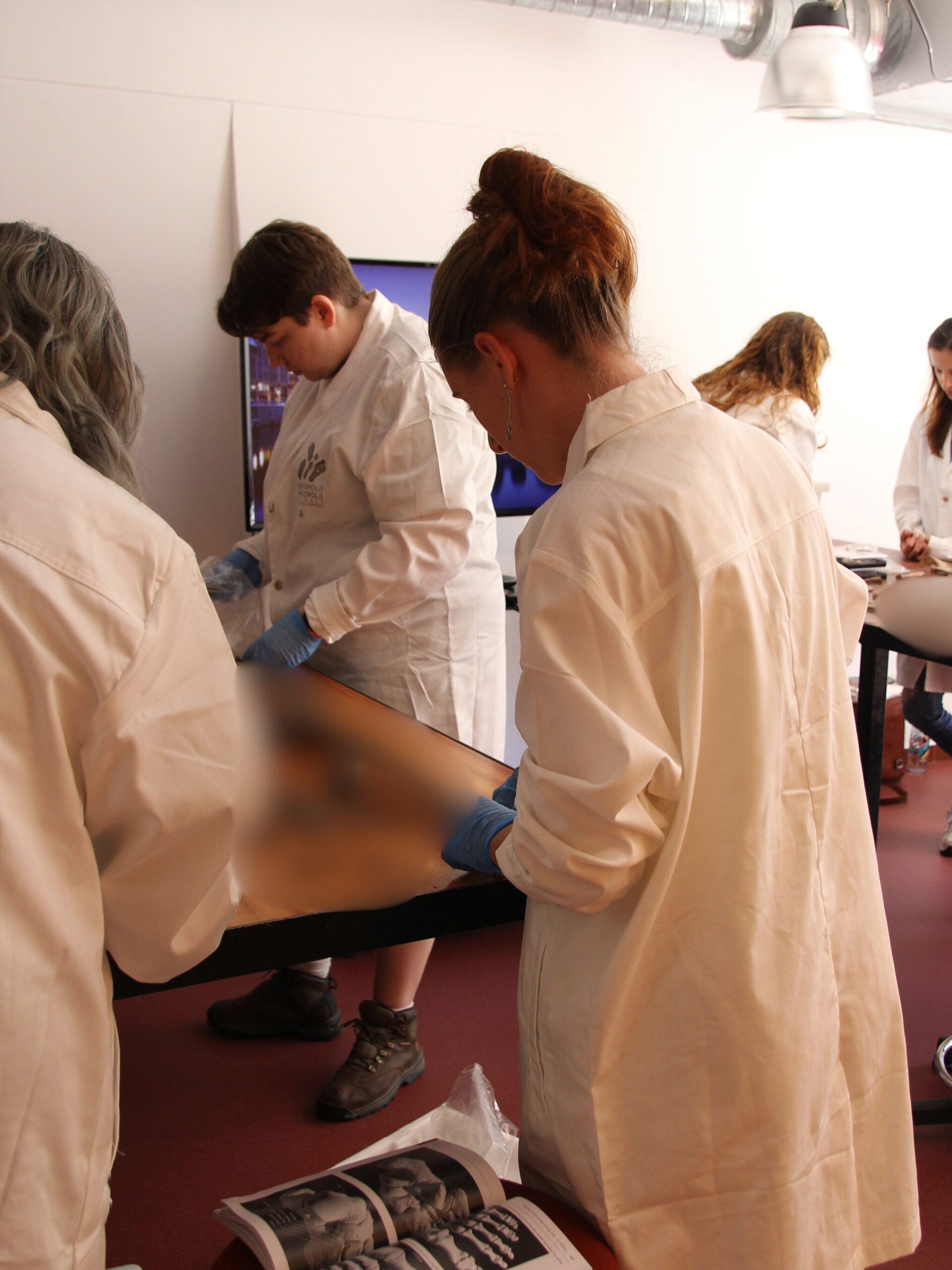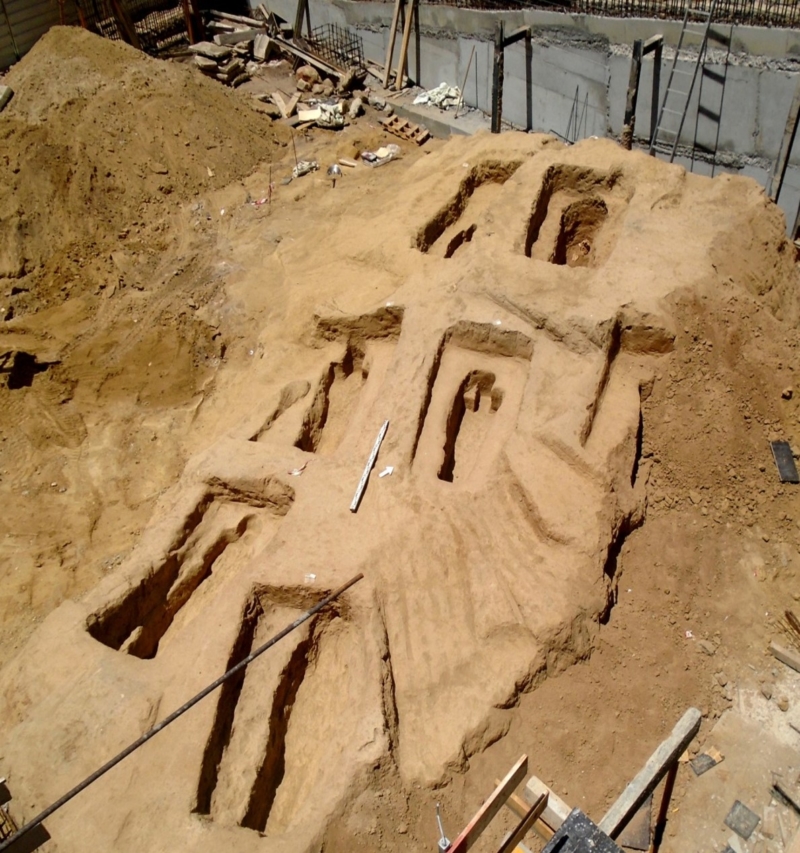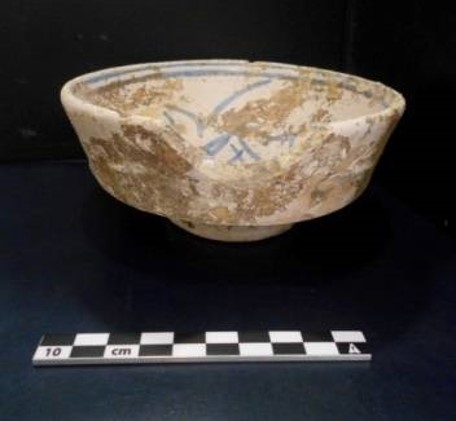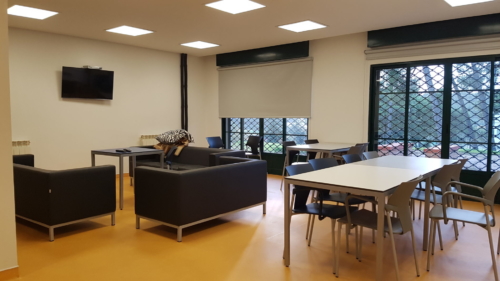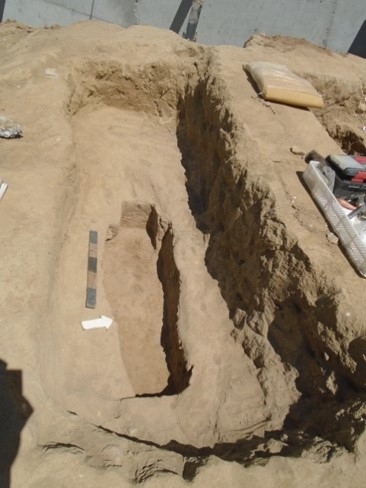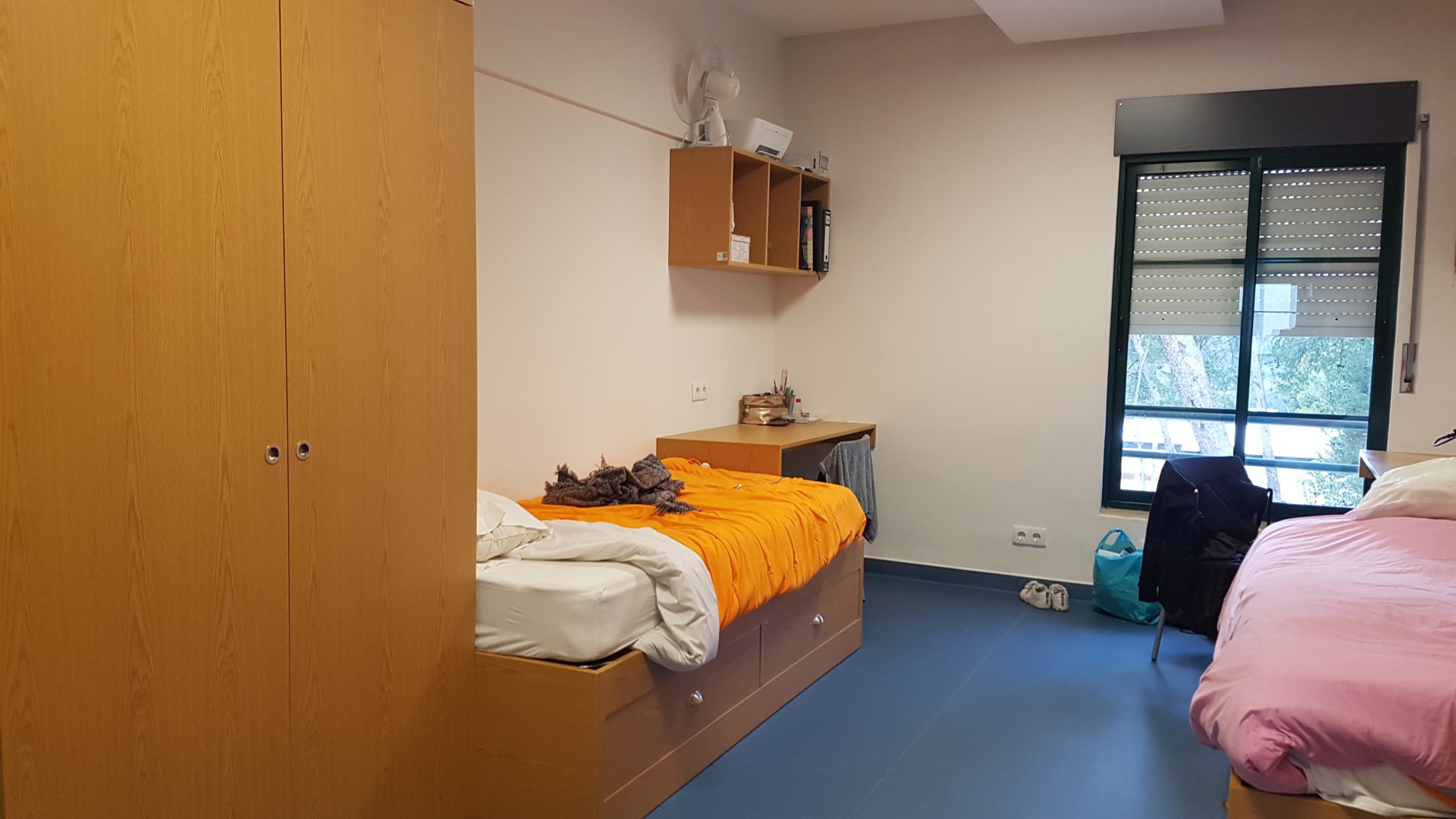Overview
Investigate the fascinating history beneath the streets of one of Lisbon’s oldest quarters. Join our team in exploring a unique archaeological site that has revealed well-preserved burials from the 15th and 16th centuries, offering a rare glimpse into the lives and customs of Lisbon’s medieval and early modern communities. This lab-based field school will have you delving into the lives of those who lived centuries ago by analyzing human remains uncovered at the Lagares Necropolis and piecing together the stories they left behind. You’ll learn hands-on techniques in bioarchaeology, including analyzing skeletal remains, identifying historical diseases, and exploring the cultural context that shaped burial practices and funerary artifacts. Whether you’re new to bioarchaeology or looking to deepen your expertise, this program offers an exciting chance to contribute to ongoing research while experiencing the rich cultural heritage of Lisbon.
Field School highlights:
- Participate in the analysis of skeletal remains, applying forensic and archaeological techniques to uncover demographic and cultural insights and pathological trends.
- Work alongside experienced archaeologists and contribute to important research that sheds light on Lisbon’s diverse past.
- Discover one of Europe’s most captivating cities as you explore Lisbon’s vibrant culture, historic neighborhoods and lively cafes.
| Course Details | |
|---|---|
| Course Dates | June 30-July 25, 2025 |
| Course Type | Bioarchaeology, Medieval/Historical Archaeology |
| Instructors | Dr. Lucy Shaw Evangelista, Dr. Marina Lourenço |
| Credits* | 8 semester (12 quarter) |
| Apply By | March 1 |
| Fees Due By | April 15 |
| Program Fees | (2025) |
|---|---|
| Tuition | $4,875 |
| Transcript Fee* | $300 |
| Health & Evacuation Insurance | $130 |
| Room (Meals not included) | $790 |
| TOTAL: | $6,090 |
This program is full and is no longer accepting new applications.
Email admissions@ifrglobal.org to ask about joining the waitlist.
Instructors
The directors welcome emails and inquiries about the research elements of this project. More general information (tuition, health insurance, and payment schedule) can be found under the ‘Students’ tab above. Any further questions may be addressed to IFR staff. Additional details about research, course schedule, travel, accommodation, and safety can be found on the syllabus. Contacting the directors or the IFR office is encouraged and appreciated. It may help you determine if this field school is a good fit for you.
Testimonials
Payment & Student Fees
Application Fee: There is a $45 fee to submit an online application.
Deposit Payment: A nonrefundable $500 deposit is due within 3 weeks of program acceptance in order to secure your place. The remainder of your program fees are due by the deadline indicated under “Course Details”.
*Transcript Fee & Academic Credit Opt Out: If you wish to participate in an IFR field school without earning academic credits, you will not be charged a transcript fee.
For more information about payment, fees, and policies, please see details under our Payment & Finances and Withdrawal and Cancellation Policy pages.
Accommodations
Students will stay at the Campus of the School of Human Kinetics (FMH – Faculdade de Motricidade Humana) of Lisbon University where each room is shared by two students. Each floor is equipped with Wi-Fi, a shared kitchen, and shared bathrooms. The rooms are regularly cleaned (once a week) and laundry equipment is also available. Clean linen is available at all times.
In terms of sleeping arrangements students will be lodged in double rooms with two separate beds, wardrobes and desks.
Meals are not included on this program. Students will be provided with regular trips to the local supermarket where they can acquire their own food according to each students’ tastes and needs. In this way students can prepare their own meals at the shared facilities in the campus. Alternatively, in the canteen of the School of Human Kinetics, a fish dish, a meat dish, and a vegetarian option are available for every lunch, and meals can be prebooked by students.
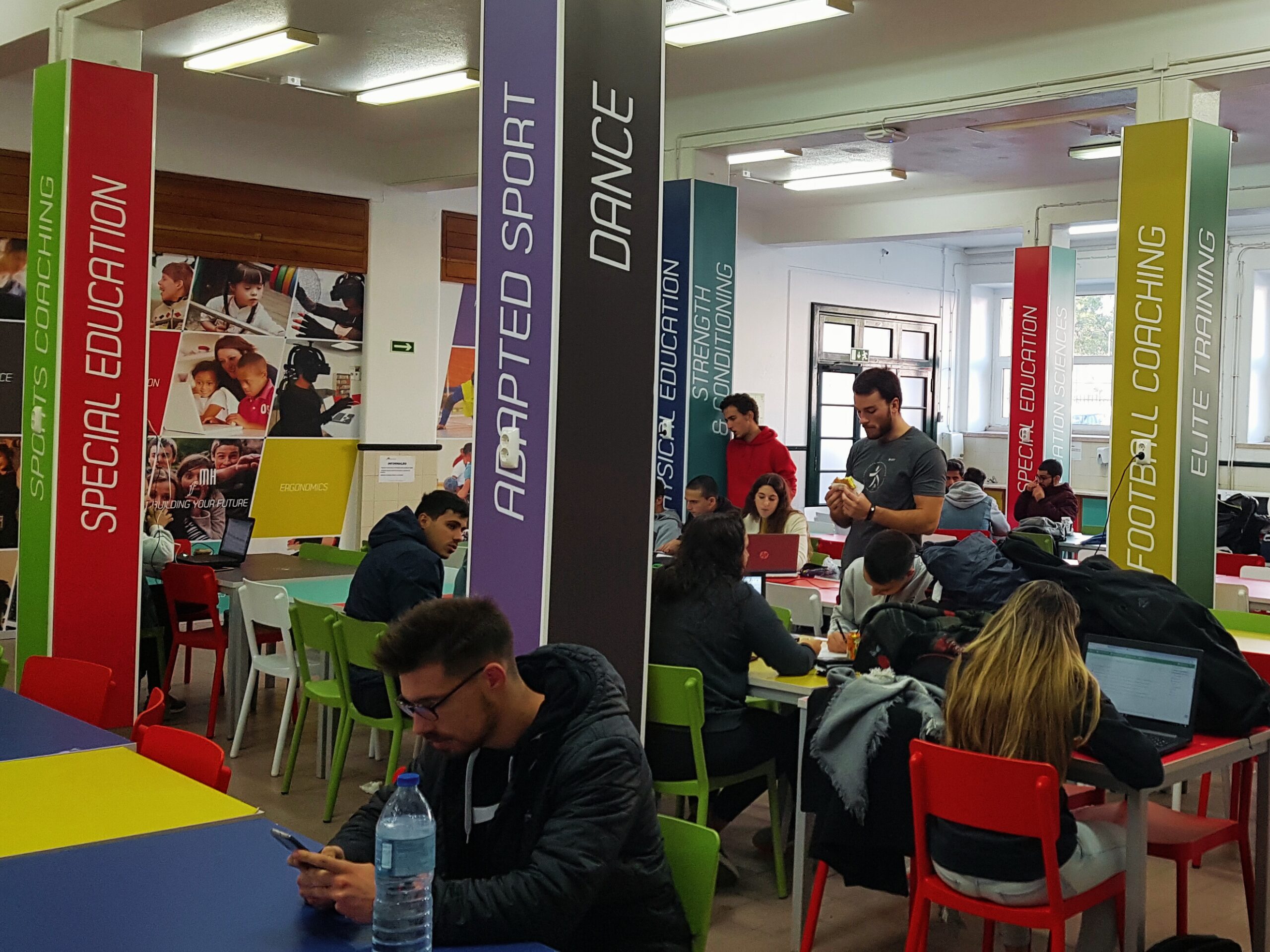
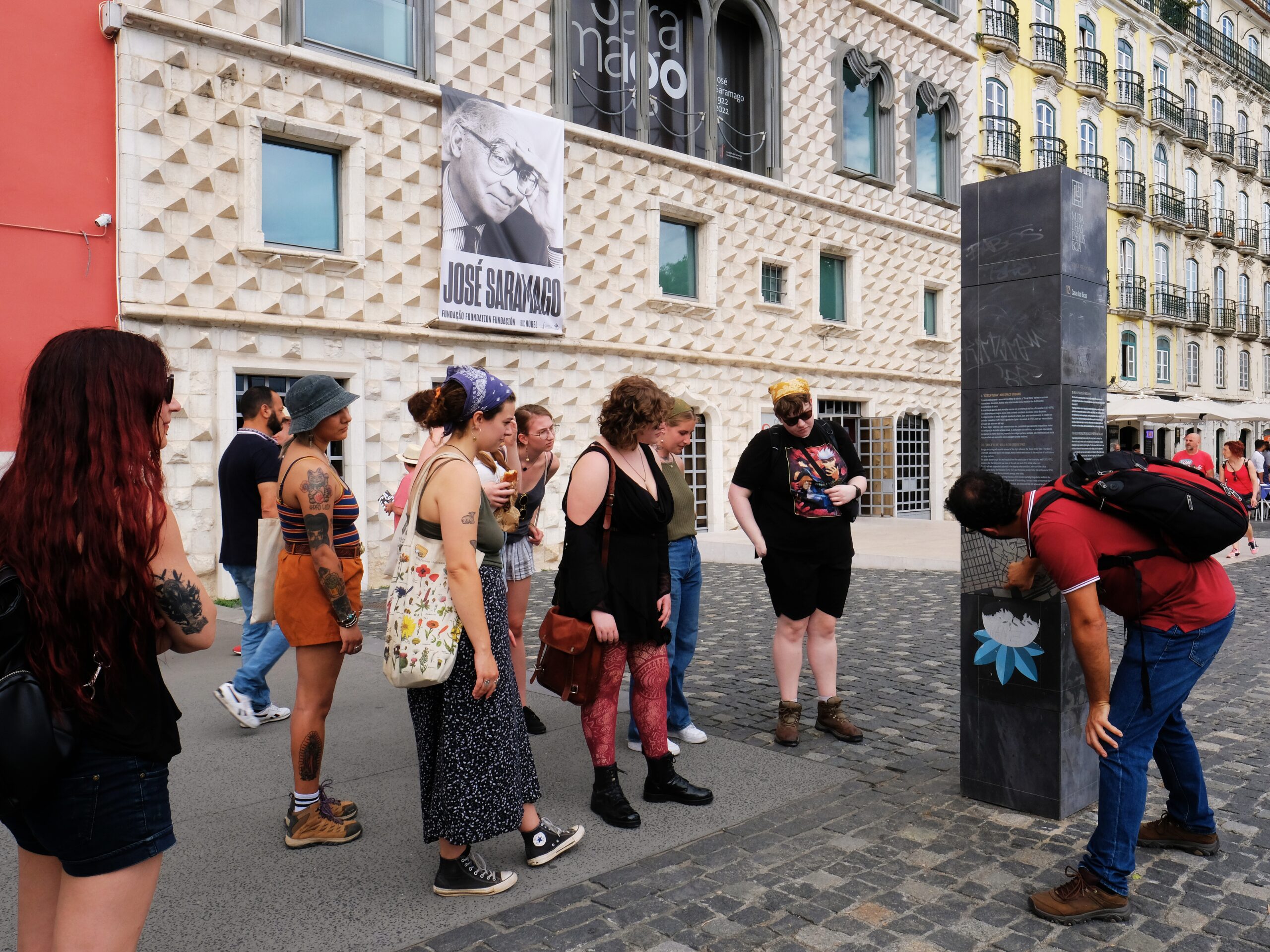
Travel Info
Natural disasters, political changes, weather conditions and various other factors may force the cancellation or alteration of a field school. IFR recommends students only purchase airline tickets that are fully refundable and consider travel insurance in case a program or travel plans must change for any reason.
General information for this program is below, but keep in mind we will discuss any updated travel information and regulations during the required program orientation, which could affect travel plans.
Students are responsible for making their own travel arrangements and getting to the program meeting point on June 30 2024. Students landing in Portela Airport in Lisbon (LIS), will be met by project staff members and transferred to the house where the group will stay in Lisbon. Students arriving by any other means of transportation to Lisbon (train, bus, etc.) should make their way independently to the meeting point at the airport. The specific meeting location and transfer hours will be set after enrolment.
The last working day of this field school is July 26, 2024. Students should make departure travel arrangements for any time on or after the next day, July 27, 2024.
If you missed your connection or your flight is delayed, please call, text or email the field school director immediately. A local emergency mobile phone number will be provided to all enrolled students.
VISA REQUIREMENTS
No visa is required for U.S. visitors for stays of 90 days or less. Stays of greater than 90 days will require a travel visa to be obtained in advance. Citizens of other countries are asked to check the embassy website at


